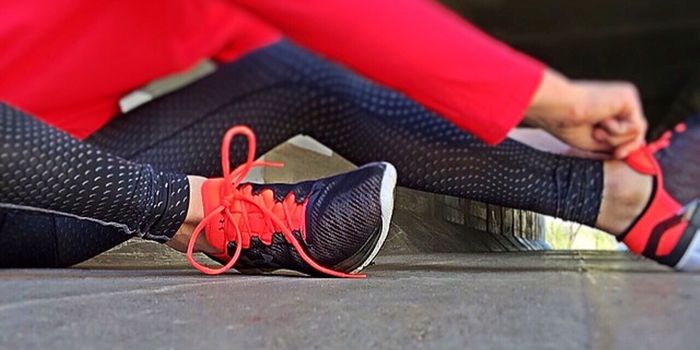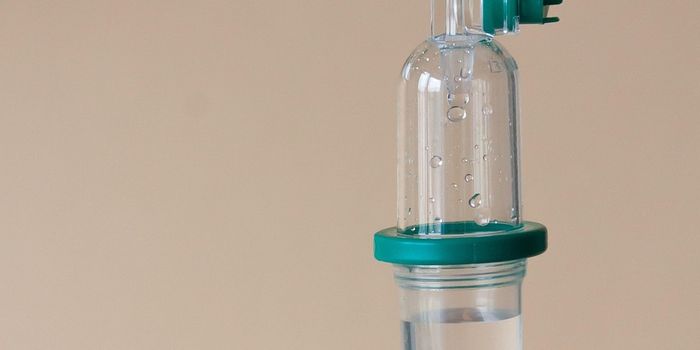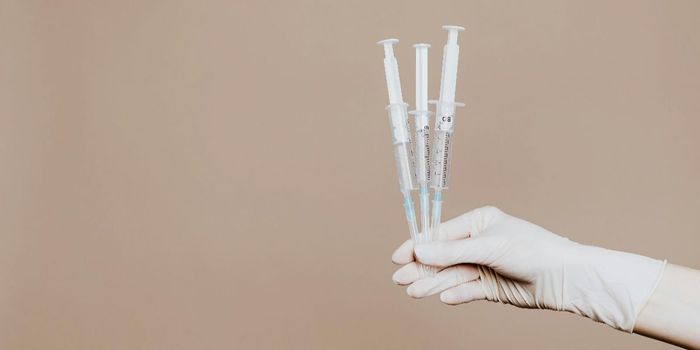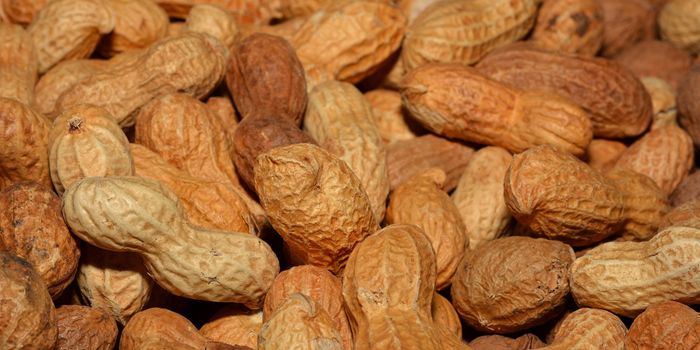Why is Whooping Cough Back?
Pertussis, or whooping cough, is back, and it’s at least partly because individuals who were vaccinated in the early days of the whooping cough vaccine - the 1930s, 40s, and 50s - are losing the protective effect awarded by the drug. Researchers from the University of Georgia are evaluating this trend and discussing what to do next.
Whooping cough is a serious respiratory infection caused by the Bordetella pertussis bacteria. For babies and young children, whooping cough can be a dangerous affliction. Symptoms (cold-like, mild cough or fever) first begin within five or ten days of exposure to bacteria, but some babies with pertussis don’t cough at all. However, they do stop breathing and turn blue.
Vaccination for whooping cough began in the 1940s and directly resulted in a 100-fold decrease in reported cases of whooping cough. The vaccine was very effective at reducing the rate of disease even though not everyone at the time received the vaccine; a phenomenon called herd immunity protected those who chose not to get vaccinated or could not for medical or other reasons. Unfortunately, whooping cough has made a resurgence, a trend starting in the 1970s.
Interestingly, the rate of new whooping cough cases is increasing although the vaccine is given at an early age.
“There has been no change to the epidemiology of pertussis that is causing the rise in the number of cases," explained senior author Pejman Rohani. "Instead, it is a function of the way vaccines were administered over the decades. It is an effect that takes a long time to manifest."
The effect Rohani is talking about is the so-called “end of the honeymoon” period: the protective effects of the whooping cough vaccine given to now-elderly individuals when they were babies and young children is wearing off. Researchers first tested the possibility that the new generation of whooping cough vaccines are flawed, but there was no evidence to support that claim.
Instead, researchers found that protection against whooping cough can wear off as vaccinated individuals age. And as individuals who received vaccinations in the beginning days of whooping cough vaccination get older and the risk of their protection wearing off grows, there are more and more individuals at risk of whooping cough, mostly elderly people.
What can be done? Researchers advise to continue vaccinating schoolchildren, which the study identified as the “core transmission group” of whooping cough. This would provide protection for unprotected adults and senior citizens via herd immunity. And going forward, researchers want to investigate and evaluate the number and frequency of booster vaccines given for whooping cough protection.
The present study was published in the journal Science Translational Medicine.
Sources: Centers for Disease Control and Prevention, The Journal of Infectious Diseases, University of Georgia









